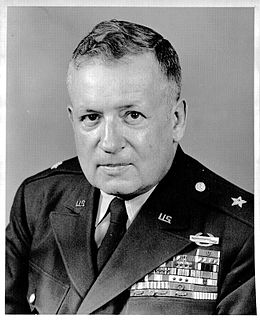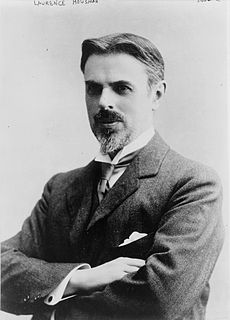A Quote by Harold Pinter
It was difficult being a conscientious objector in the 1940's, but I felt I had to stick to my guns.
Related Quotes
Being someone who had had a very difficult childhood, a very difficult adolescence - it had to do with not quite poverty, but close. It had to do with being brought up in a family where no one spoke English, no one could read or write English. It had to do with death and disease and lots of other things. I was a little prone to depression.




































